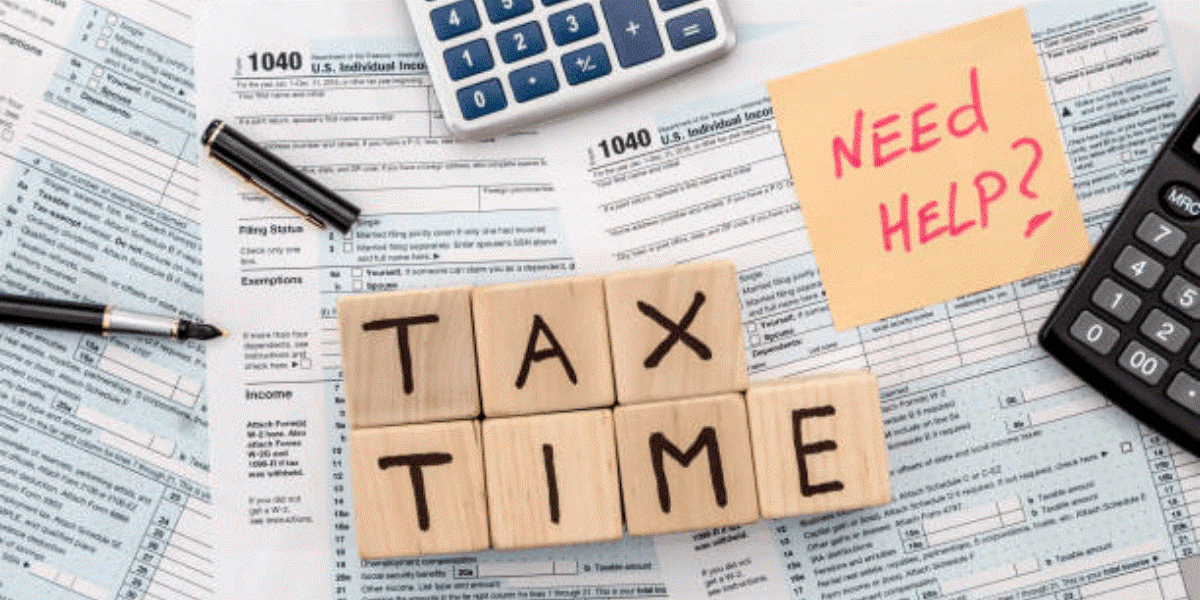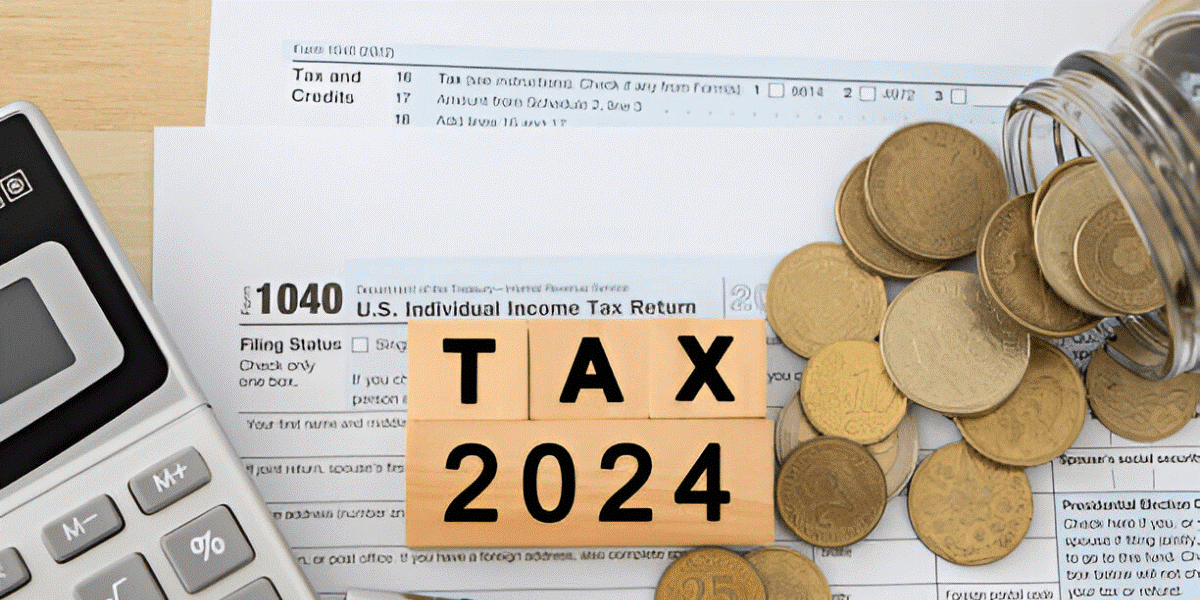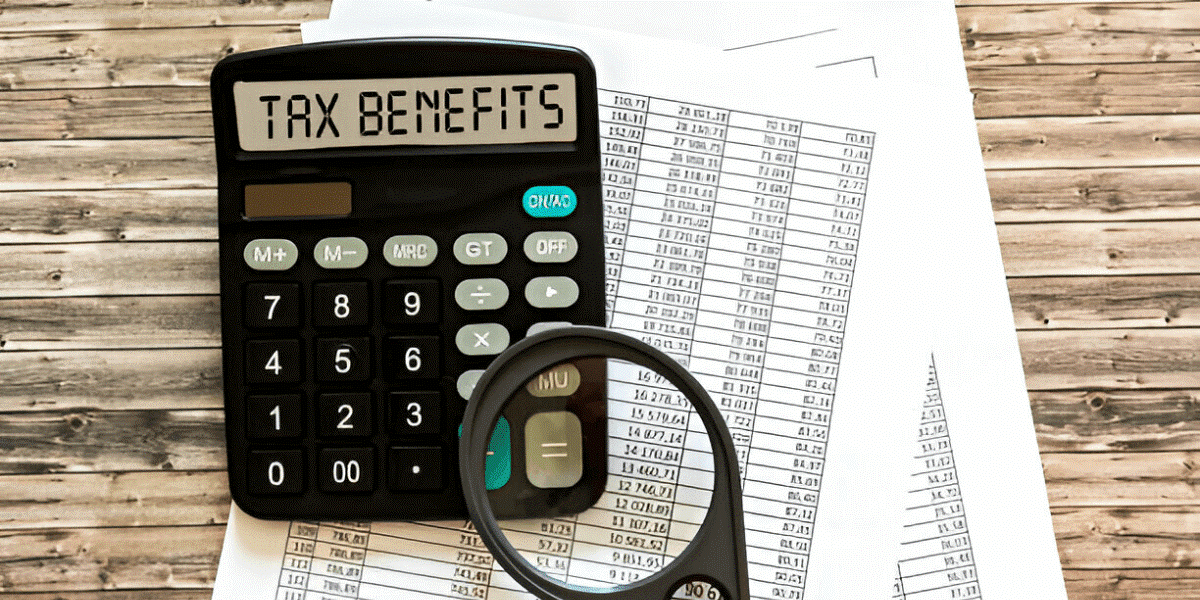How To Plan Your Taxes As A Small Business Owner?
Running a small business is a rewarding experience, and launching a new business is like setting sail on uncharted waters, filled with boundless possibilities and the promise of adventure. The sheer joy of venturing from a mere idea into a tangible reality is a feeling like no other, but tax season can bring a whole new set of challenges.
Taxes are an inevitable aspect of running a business, and for small business owners, sorting the complexities of tax laws can be daunting. However, with careful planning and strategic decision-making, you can minimise your tax burden and optimise your financial resources.
This blog will guide you through the essential steps to manage your small business taxes and give you considerations for effective tax planning as a small business owner in Australia.
Australian Tax Law for Small Businesses
Australian tax laws impose several obligations and entitlements on small business owners. Understanding these laws is imperative for compliant and efficient tax planning.
1. Income Tax:
Small businesses are subject to income tax on their profits at the applicable tax rates. It's essential to accurately calculate and report your business income to fulfil your tax obligations.
2. Goods and Services Tax (GST):
If your business has a turnover of $75,000 or more (as of July 1, 2023), you are required to register for GST. This involves collecting GST on your sales and remitting it to the Australian Taxation Office (ATO) while also claiming credits for the GST paid on your business purchases.
3. Pay As You Go (PAYG) Withholding:
As an employer, you must withhold PAYG tax from your employees' wages and remit it to the ATO. Non-compliance can result in penalties and legal consequences.
4. Superannuation Guarantee:
Employers are obligated to contribute a percentage of their employees' earnings to a complying superannuation fund. This ensures that employees receive financial support for their retirement.
Planning Your Taxes As A Small Business Owner

Proactive tax planning helps you minimise your tax burden and keeps you organised for tax season. Here are some key strategies to consider:
1. Bookkeeping
Maintaining accurate and up-to-date financial records is the foundation of effective tax planning. Implementing robust bookkeeping practices ensures that you have a clear overview of your business finances, enabling you to identify deductible expenses, track income, and comply with tax reporting requirements.
Popular options include cloud-based accounting software or hiring a bookkeeper. Keeping accurate records allows you to maximise deductions and simplifies tax time.
Furthermore, the benefits of accurate and up-to-date record-keeping extend far beyond tax season. By maintaining a clear and organised financial trail, you can identify areas for cost-saving, pinpoint opportunities for revenue growth, and ensure compliance with regulatory obligations year-round. Ultimately, investing time and resources into maintaining accurate records not only maximises deductions come tax time but also fosters the long-term financial health and sustainability of your business.
If you are new to business, try the Tax App’s Bookkeeping feature. Is it completely free!
2. Employing a Family Member
Hiring family members can be a tax-efficient strategy for small businesses. By employing family members, you can allocate income to individuals in lower tax brackets, thereby reducing your overall tax liability.
However, to regulate this strategy successfully, it's imperative to maintain transparency and professionalism in all aspects of employment. Ensuring that family members' roles are genuine and their salaries align with industry standards demonstrates integrity and safeguards against potential scrutiny from the Australian Taxation Office (ATO). Additionally, perfect documentation of employment arrangements and responsibilities reduces any risks associated with allegations of nepotism or impropriety, preserving the integrity of your business operations and tax planning strategies.
3. Small Business Tax Concessions
Research the various tax concessions available to small businesses, such as the small business income tax offset, simplified trading stock rules, and the small business instant asset write-off. These concessions are designed to reduce the tax burden on small businesses and promote growth and investment.
However, unlocking the full potential of these concessions requires diligent research and understanding. By familiarising yourself with the eligibility criteria and intricacies of each concession, you can use them to your advantage, optimising tax outcomes and freeing up resources for reinvestment in your business. In essence, these concessions serve as catalysts for small business success, empowering entrepreneurs to steer regulatory hurdles and thrive in a competitive marketplace.
4. Instant Asset Write-Off
The instant asset write-off allows small businesses to immediately deduct the cost of eligible assets costing less than $20,000 This can be a great way to reduce your taxable income, such as equipment, vehicles, and machinery, up to a certain threshold. Using this concession can improve cash flow by reducing taxable income and lowering the tax payable.
This concession not only reduces taxable income but also boosts skills and competitiveness within the business world. Using the Instant Asset Write-Off empowers small businesses to modernise their operations, enhance efficiency, and position themselves for long-term success in an ever-evolving market.
5. Utilising Lower Company Tax Rates
Small businesses with a turnover below the threshold can benefit from lower company tax rates. By structuring your business to take advantage of these lower rates, you can retain more profits within the company and potentially reinvest them for growth or distribution to shareholders in a tax-efficient manner.
Businesses with an annual turnover below $50 million are entitled to reduced company tax rates, gradually decreasing as the turnover diminishes. This enables you to preserve a more significant portion of your profits, providing opportunities for reinvestment in your enterprise. To illustrate, considering the current tax rate of 25% for the 2024-2025 fiscal year, a business generating a $100,000 profit would incur only $25,000 in tax payments.
6. Hire a Tax Advisor
Engaging with a qualified tax advisor or accountant can provide invaluable expertise and guidance in steering the complexities of tax planning. A professional advisor can help you identify opportunities for tax optimisation, ensure compliance with regulations, and maximise deductions and concessions available to your business.
A seasoned tax advisor brings a wealth of specialised knowledge and experience to the table, offering customised solutions to guide the intricate maze of tax laws and regulations. Beyond crunching numbers, they serve as trusted advisors, providing invaluable insights and foresight to steer your business towards optimal tax outcomes.
With their guidance, you can proactively identify tax-saving opportunities, reduce risks, and stay ahead of the market. By forging a collaborative partnership with a skilled tax advisor, you not only strengthen your financial foundation but also unlock new avenues for growth and prosperity in an increasingly competitive marketplace.
7. Save for Retirement
Contributing to a superannuation fund is a retirement planning strategy and a tax-effective way to manage your business finances. Super contributions are generally taxed at a lower rate than personal income, allowing you to accumulate wealth for retirement while reducing your current tax liability.
Moreover, super contributions are typically taxed at a concessional rate, offering a favourable tax treatment compared to regular income. This dual benefit of tax efficiency and long-term wealth accumulation makes superannuation contributions a bedstone of cautious financial planning for small business owners. By prioritising retirement savings, you not only safeguard your future financial security but also optimise your tax position, laying the groundwork for a prosperous and fulfilling retirement journey.
8. Pay Down Your Debt
Most newly started businesses take out loans to set up their businesses. Reducing business debt can have tax benefits by decreasing interest expenses and improving cash flow. Consider prioritising debt repayment, particularly high-interest debts, to minimise interest costs and enhance your financial position.
9. Change Your Business Structure
Reviewing your business structure can yield significant tax savings opportunities. Depending on your circumstances and objectives, transitioning from a sole trader to a company or establishing a trust structure can optimise tax outcomes, asset protection, and succession planning.
Aligning your business structure with your unique circumstances and long-term objectives can optimise tax outcomes, enhance asset protection, and strengthen succession planning strategies. However, such decisions require careful consideration of legal, financial, and operational implications, underscoring the importance of seeking expert guidance from legal and financial advisors. With the right structure in place, you not only minimise tax liabilities but also position your business for sustained growth, adaptability, and prosperity.
10. Deduct Travel Expenses
Business-related travel expenses, such as accommodation, meals, and transportation, are generally tax-deductible. Keep detailed records of your travel expenses and ensure they are directly related to earning assessable income so you can claim them as deductions.
Other than this, you can combine your personal travel plans with your business ones to deduct your travel expenses from your annual taxes. Make sure to maintain a complete record.
11. Deduct Your Vehicle
If you use your vehicle for business purposes, you may be eligible to claim deductions for associated expenses, such as fuel, maintenance, and depreciation. Keeping accurate records of your business-related mileage and expenses is essential to substantiate your claims.
Common Tax Planning Mistakes to Avoid

Despite the best intentions, small business owners often make mistakes that can lead to tax inefficiencies and compliance issues. Here are five common mistakes to steer clear of:
1. Underestimating Tax Liabilities:
Failing to set aside adequate funds for tax obligations can lead to cash flow problems and unexpected tax debts.
2. Neglecting Record-Keeping:
Inadequate record-keeping can result in missed deductions, compliance issues, and difficulties in substantiating claims during tax audits.
3. Misclassifying Expenses:
Misclassifying personal expenses as business expenses or vice versa can trigger ATO scrutiny and potentially result in penalties.
4. Overlooking Tax Deadlines:
Missing tax deadlines can lead to late lodgment penalties and interest charges, impacting your business's financial health.
5. Ignoring Tax Planning Opportunities:
Not proactively seeking tax planning opportunities can result in missed deductions, credits, and concessions that could have minimised your tax liability.
6. Mixing Personal and Business Expenses:
Keep your business and personal finances separate. Mixing them up can make it difficult to identify legitimate business deductions.
7. Not Claiming All Eligible Deductions:
Many small business owners leave money on the table by not claiming all the deductions they are entitled to. Familiarise yourself with
allowable deductions and consult your tax advisor for guidance.
8. Filing Without Professional Help:
For complex tax situations, seeking professional advice from a tax advisor can save you time, money, and potential headaches in the long run.
Tips for Effective Tax Planning
1. Plan for Tax Season Early
Start tax planning well in advance of the tax season to allow sufficient time for strategising, gathering documentation, and implementing tax-saving measures. Early planning enables you to optimise your tax position and minimise last-minute stress.
2. Use Technology
Embrace accounting software and digital tools to streamline your financial management processes, track expenses, generate reports, and ensure compliance with tax obligations. Automating routine tasks frees up time for strategic tax planning and decision-making.
3. Seek Professional Advice
Consult with a qualified tax advisor or accountant to develop a tailored tax strategy aligned with your business goals and circumstances. A professional advisor can provide personalised recommendations, keep you informed about changes in tax laws, and guide complex tax scenarios effectively.
4. Stay Informed
Stay abreast of changes in tax legislation, regulations, and rulings that may impact your business. Regularly review ATO publications, attend tax seminars or webinars, and engage with professional networks to stay informed and proactive in your tax planning efforts.
5. Keep Detailed Records
Maintain detailed records of your financial transactions, receipts, invoices, and tax-related documents throughout the year. Organised and accurate record-keeping simplifies tax preparation, minimises errors, and facilitates compliance with reporting requirements.
6. Review your tax situation regularly:
Your tax situation can change throughout the year. Regularly assess your income, expenses, and deductions to identify potential tax-saving opportunities.
Bottom Line
Effective tax planning is essential for small business owners to optimise their financial resources, comply with regulatory requirements, and achieve their business objectives. By understanding relevant tax laws, implementing strategic tax-saving measures, and avoiding common pitfalls, you can minimise your tax liability and maximise your business's profitability and sustainability.
Remember, seeking professional advice from a qualified tax agent in Sydney can provide valuable guidance and ensure you are taking advantage of all the tax benefits available to your small business.
Disclaimer:
The content of these blog posts is intended to be of a general nature and should not be construed as tax or any other form of advice. We do not guarantee the accuracy or completeness of the information provided in these blog posts. It is imperative that you consult with a qualified professional, such as a certified accountant at Tax App, before taking any action based on the advice or information contained herein. Your specific financial and tax situation may require personalised guidance, and a professional consultation is recommended to ensure compliance with applicable laws and regulations.
Get Started with Us
Connect with Australia’s most innovative accountants today. Fill out our contact form, and let’s discuss how we can help you achieve your financial goals. Together, we’ll create a tailored action plan that maximises your tax savings.
Awards!
⭐⭐⭐⭐⭐






At Tax App, we offer Sydney Local, Online Accounting and Tax Services for individuals and small businesses in our community. Our technology and experienced team provide efficient and personalised solutions to streamline financial management. Trust us to be your partner in success.
Chartered Accountants
Liability limited by a scheme approved under Professional Standards Legislation
All Rights Reserved | Tax App Pty Ltd
Useful Links
Contact Us
Disclaimer: The content of this website is intended to be of a general nature and should not be construed as tax or any other form of advice. We do not guarantee the accuracy or completeness of the information provided in this website. It is imperative that you consult with a qualified professional, such as a certified accountant at Tax App, before taking any action based on the advice or information contained herein. Your specific financial and tax situation may require personalised guidance, and a professional consultation is recommended to ensure compliance with applicable laws and regulations.









